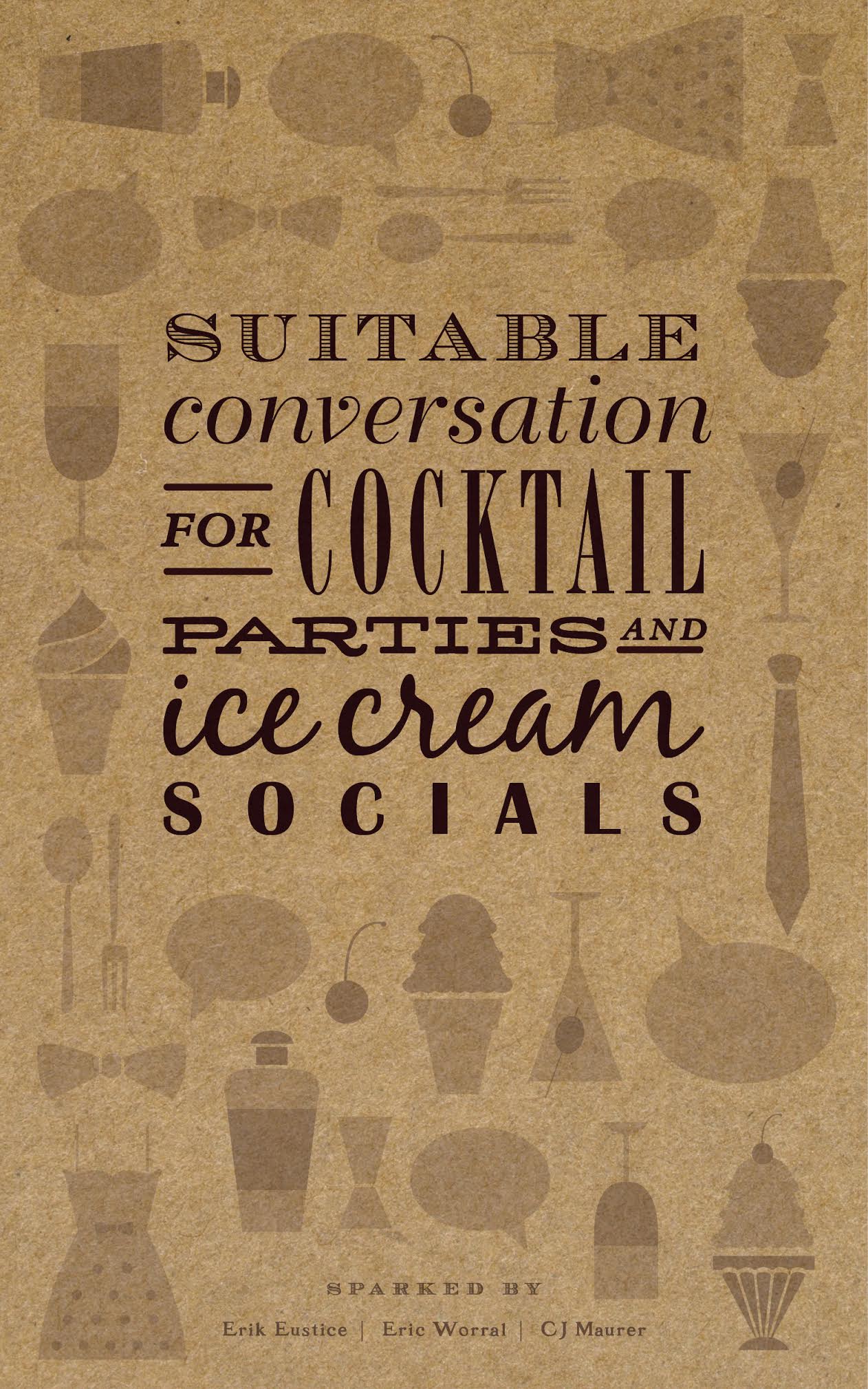Some things are optional. They might be good,
but you don’t have to do them. In fact, often if you don’t do them, nobody
actually notices. There’s nothing wrong with that.
Except when there’s expectation.
That’s when it matters a lot.
If
we expect you are going to do something that is typically optional and you do
the opposite we may feel disappointed. We realize that you don’t have to do it.
We realize that there are possibly good reasons why you chose not to. We’re
still disappointed, though.
Expectation
changes everything.
If we realize there’s an option and
you don’t exercise it we feel
as if you are actually choosing against us. It’s not
just that you chose not to do something. It feels like you were thinking of us
when you made the choice that we see as the lesser of the available options and
you chose the lesser anyway. It may be that you just weren’t thinking about us
at all (which is not a good alternative). You may have only been thinking how
the choice affects you. That’s certainly how the people affected by your choice
are thinking in that moment of disappointment, of themselves.
Either
way, you chose the option most suited/convenient for yourself.
Most faucets in America have two
choices, hot and cold. I’ve noticed a trend lately. The hot side often doesn’t
work very well. In many instances it doesn’t serve hot water at all, no matter
how long you let it run. This observation doesn’t apply to households. It’s
primarily a business phenomenon.
Washing
your hands is an unpleasant experience in frigid water, especially in Buffalo
in winter. There are plenty of reasons why this could be occurring. Bad setup?
Cost consciousness? None of them seem worthy when your hands are taking an ice
bath. (Exaggeration intended.)
Maybe I’m overreacting. Or, perhaps
I’m correct that this is a symbol, a message being sent albeit without
malice.
It’s
not very difficult to have a sink that offers us the friendly gesture of warm
water.
So,
are we worth it?
(Of
course, this isn’t just about warm water.)


